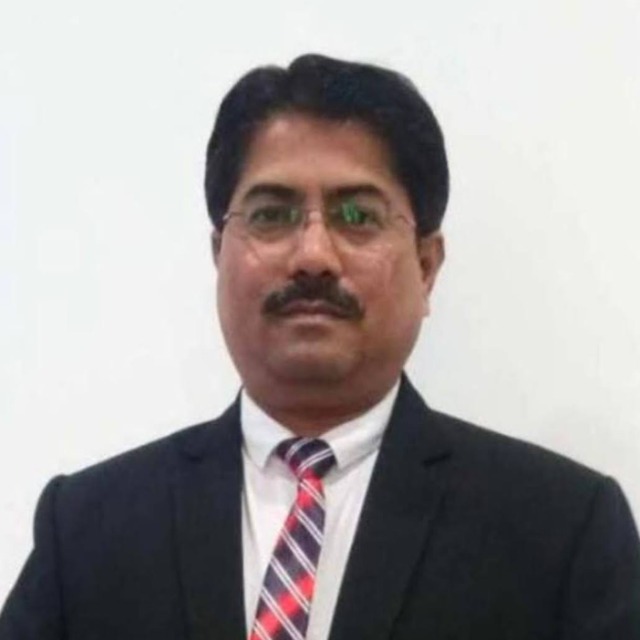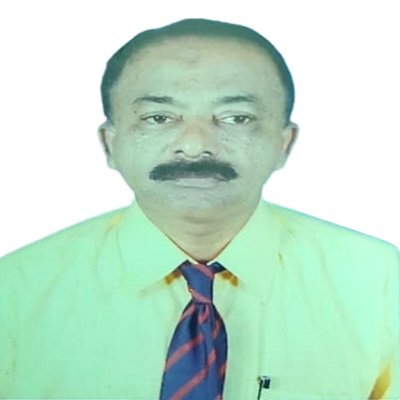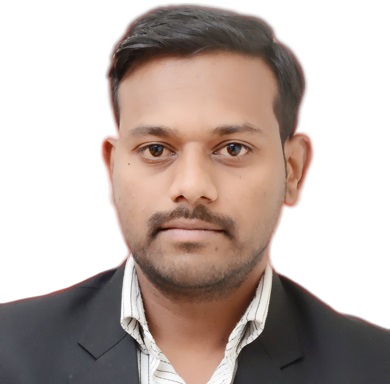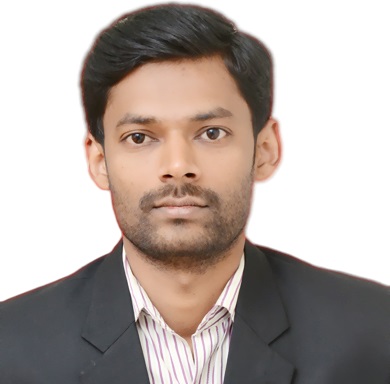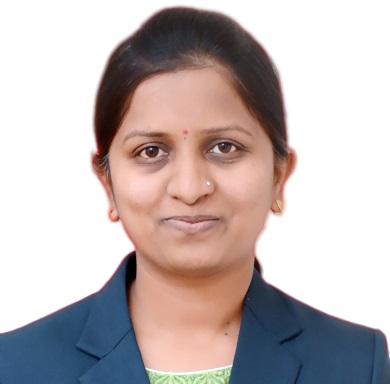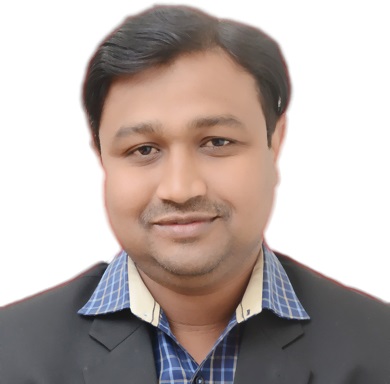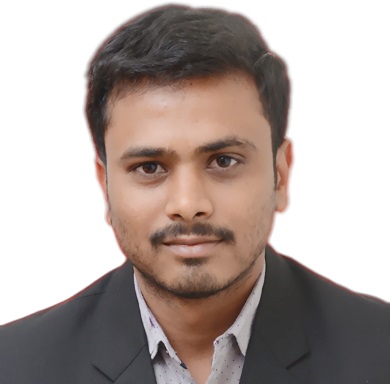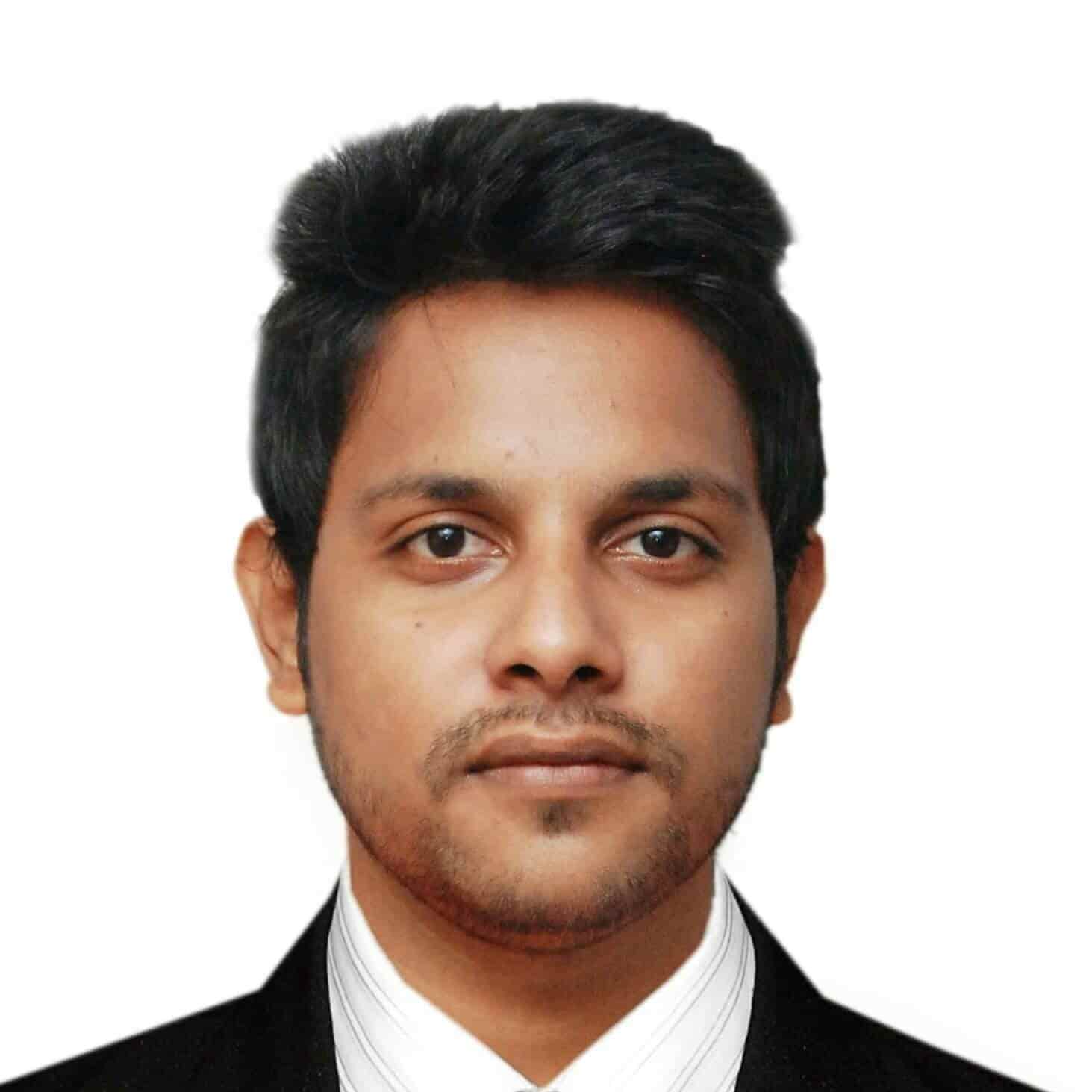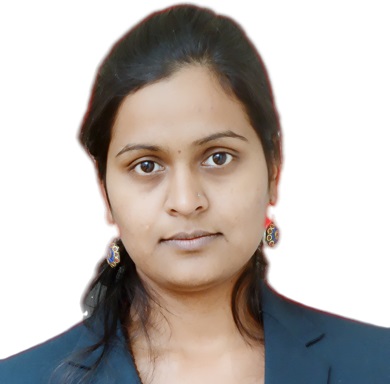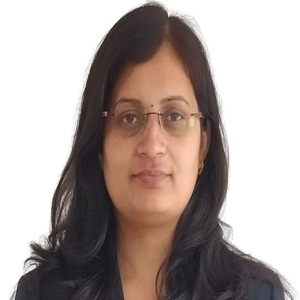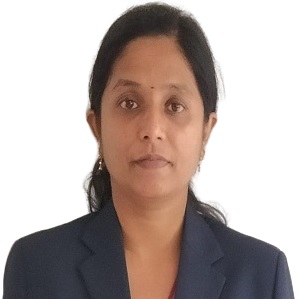Department of Civil Engineering
Introduction
The department of Civil engineering has been in existence since the inception of Shri Chhatrapati Shivajiraje College of Engineering. The department is committed to produce well trained and professional engineer to face the dynamic and increasing challenges of industry. We are also committed to nurture the students to get acquainted with the latest skills and practices keeping the pace with the industry. The department continuously organizes expert lectures, seminars, workshops etc. to increase awareness about industry and latest inventions among the students and faculties. Also high qualified and dynamic faculties, well equipped laboratories and disciplined environment are the strengths of the department.
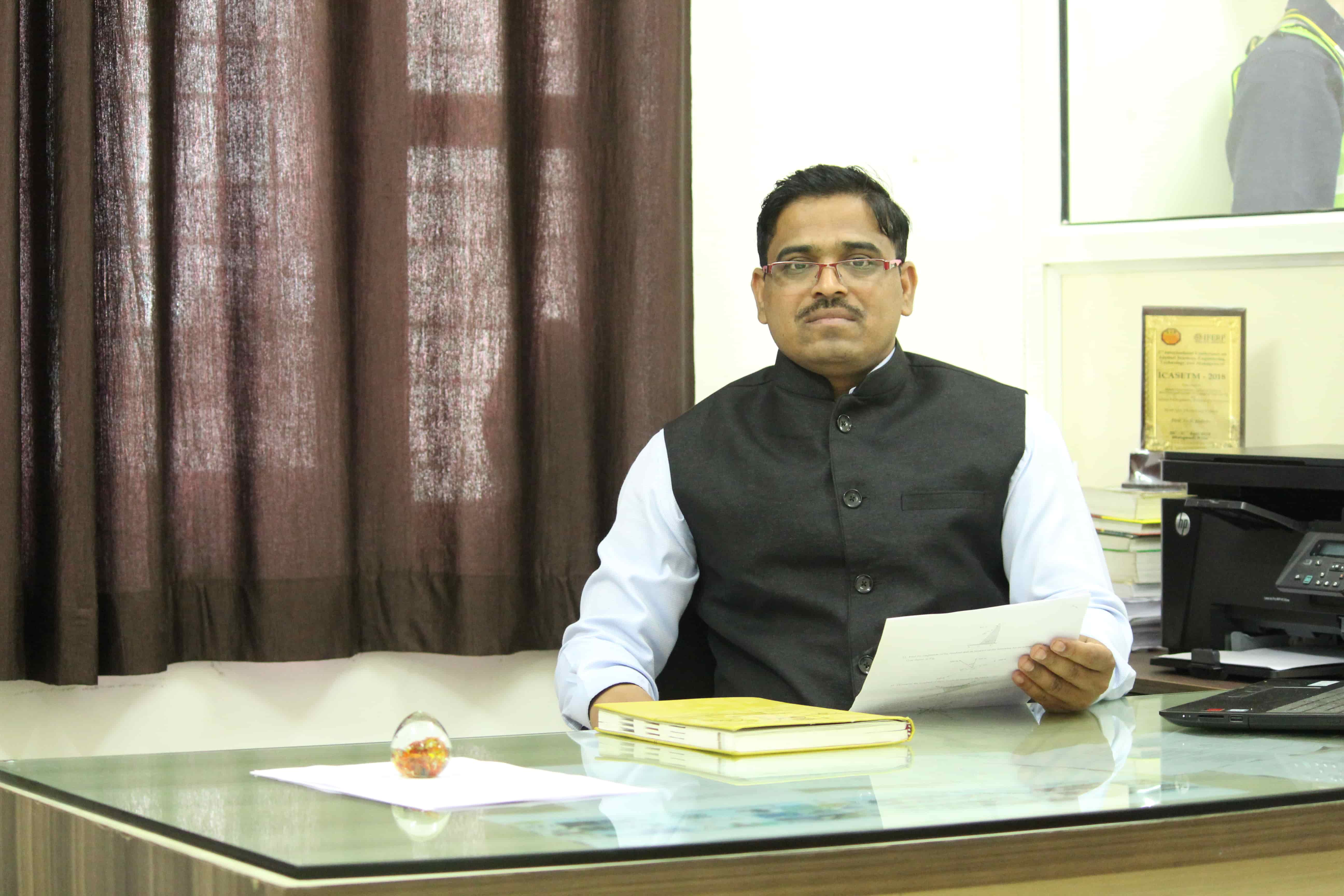
Dr. N. J. Sathe
Head of Department
Department of Civil Engineering
Civil Engineering is one of the broadest and oldest of all the engineering disciplines, extending across multi-technological ecosystems. Civil Engineers plan, design, and supervise the construction of facilities essential to modern life. A civil engineer requires not only a high standard of engineering knowledge but also supervisory and administrative skills.
The department of Civil Engineering was instituted in the year 2009 with a sanctioned intake of 60 students. The infrastructure available in the department facilitates students to develop their skill and knowledge within the framework of curriculum prescribed by the Savitribai Phule Pune University, Pune. The department invites eminent personnel from industry and academia to deliver technical talks on emerging areas for the benefit of our students and staff.
I can assure on behalf of my faculty colleagues and staff will continue to strive for achieving greater height in academics and research that will help in building good nation. We heartily welcome you to interact regarding Civil engineering and wish you all the best for your bright future in Civil Engineering.
Vision
-
Excellence in Civil Engineering to develop smarter and sustainable infrastructure.
Mission
-
Develop passionate Civil Engineers with good communication skill, social and ethical values for development of society.
-
Inculcate quality technical education of the highest standards.
-
Prepare and nurture the mind set for civil services, higher studies and research activity.
-
Promote exposure to green technology for eco-friendly environment.
Program Outcomes
- Engineering knowledge: Apply the knowledge of mathematics, science, engineering fundamentals to the solution of civil engineering problems.
- Problem analysis: To identify, formulate, and solve the civil engineering problems.
- Design/Development of solutions: Design infrastructural components or processes that meet the specified needs with appropriate consideration for the public health and safety, and the cultural, societal, and environmental considerations.
- Conduct investigations of complex problems: Design and conduct of experiments, analyze and interpret the data & document the result.
- Modern tool usage: Make use of modern engineering software and equipments to complex engineering activities with an understanding of the limitations.
- The Engineer and Society: Apply reasoning informed by the contextual knowledge to evaluate the impact of engineering solutions on society, safety, legal, health, cultural issues and the consequent responsibilities relevant to the professional engineering practice.
- Environment and sustainability: Understand the impact of technological advancement on environment and demonstrate knowledge for sustainable development.
- Ethics: Realize & follow the ethical principles, responsibilities & norms of engineering practice.
- Individual and Team work: Function effectively and efficiently as a member or leader in diverse team.
- Communication: Communicate effectively and present technical information in oral and written forms.
- Project Management and Finance: Apply knowledge and understanding of the engineering, management and finance principles, as a member and/or leader in a team, to manage projects.
- Life-long learning: To engage in lifelong learning to maintain continuous professional development in the broadest context of technological change.
Program Specific Outcomes
PS01: The ability to create innovative designs with new materials of minimum embodied energy through research and development focusing on global quality of life by observing professional ethics.PS02: The ability to recognize the need of the hour like housing, sanitation, transportation, waste management, irrigation, use of renewable energy etc. for a sustainable environment.
PS03: Function effectively in multi-disciplinary teams.
Program Educational Outcomes
- To succeed in civil engineering practices or research using knowledge of mathematics, science, engineering fundamentals, model techniques and skill level of civil engineering and its relevant areas.
- To prepare graduates for successful career in design & analysis, soil mechanics & water resource engineering, construction management, survey and transportation engineering.
- To enhance the knowledge and skills in civil engineering to provide technological solution and adopting social, responsibilities and environment concern.
- To enlarge professional and ethical practices, multidisciplinary approach & soft skill and promoting the awareness for lifelong learning.
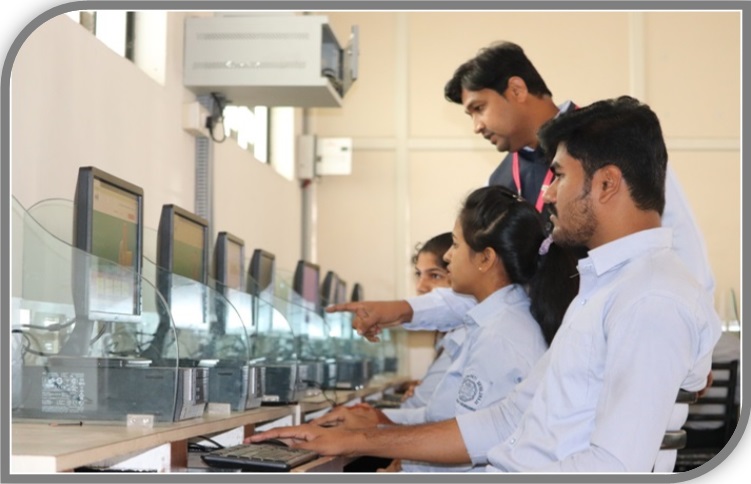
Computer Labratory
Lab In-Charge: Prof. S. V. Bankar
Lab Details: STAAD – PRO, AUTO – CAD, MATLAB, ARC GIS, Dell Optiplex 9010 Intel I5 3470 3.20 GHz Processor, 4GB RAM, 500 GB Hard Drive, DVD Optical Drive, Includes: USB Keyboard and Mouse, Dell LCD 18.5”, Canon 2900 B Laser Jet Printer.
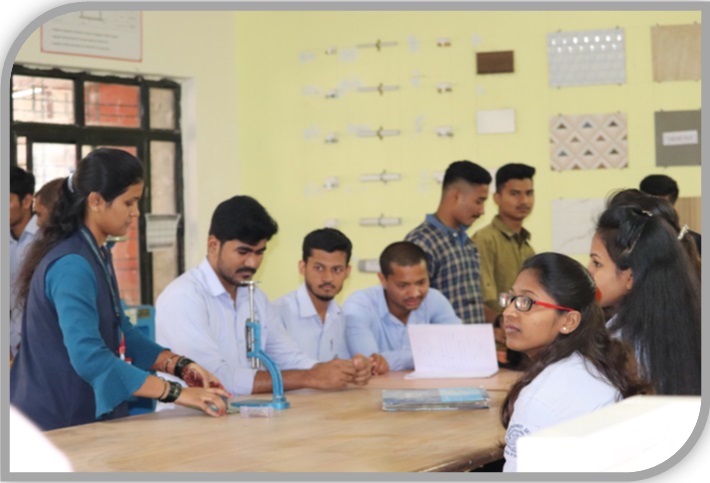
Concrete Technology Labratory
Lab In-Charge: Prof. A. A. Shelke
Lab Details: Compressive Testing Machine, Vicat’s Apparatus, Compaction Factor Test Machine, Vee-Bee Consist meter Test Machine, Slump Cone Test Machine, Sieve Shaker, Flow Table Test Machine, Aggregate Impact Value Test Machine, Hot Water Bath.
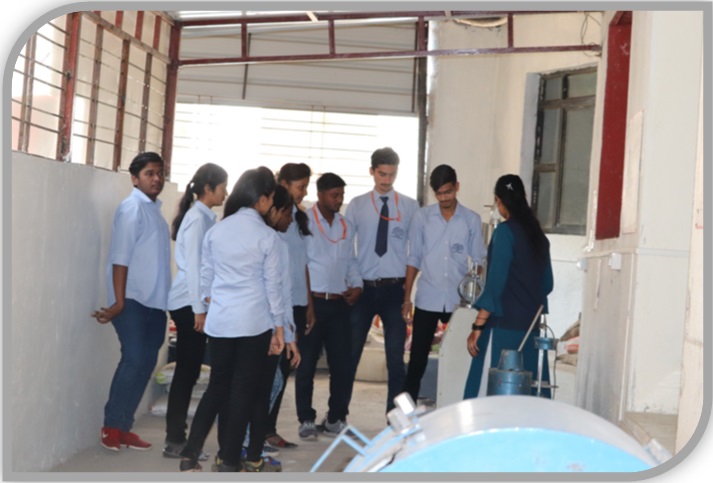
Transportation Engineering Laboratory
Lab In-Charge: Prof. A. A. Shelke
Lab Details: Los Angel Abrasion Value Machine, Marshal Stability Testing Machine, California Bearing Ratio Testing Machine, Pensky Martens Closed Cup Apparatus, Ring & Ball Apparatus
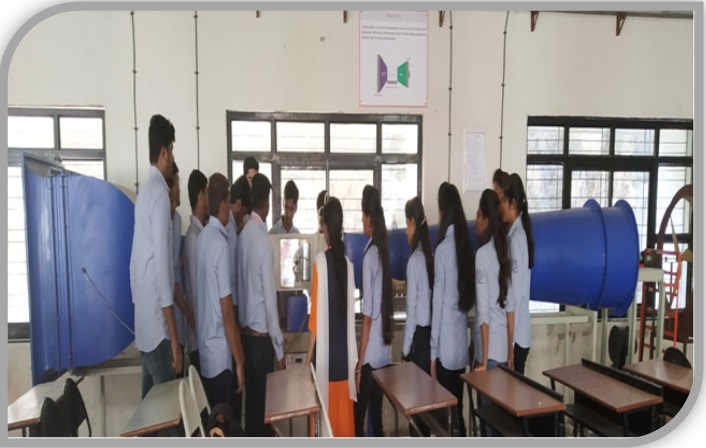
Fluid Mechanics Laboratory
Lab In-Charge: Prof. S. S. Jadhav
Lab Details: Wind Tunnel, Hydraulic Tilting Flume, Pelton Wheel Turbine, Francis Turbine, Centrifugal Pump, Venturimeter & Orifice Meter, Bernoulli’s Theorem apparatus, Impact of Jet apparatus, Metacentric height of ship model.
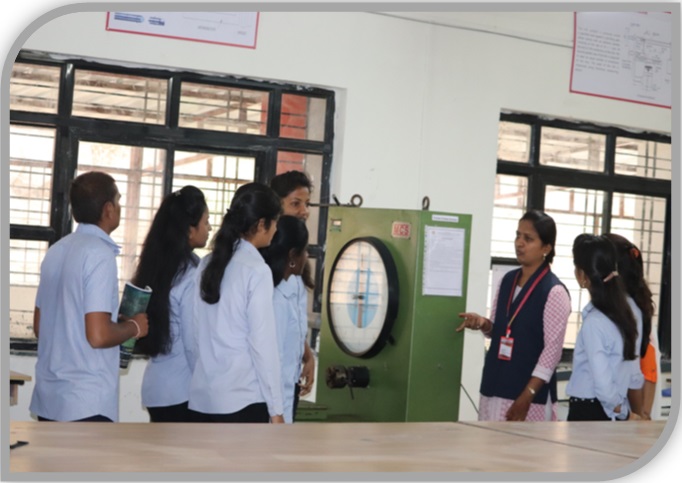
Strength of Material Laboratory
Lab In-Charge: Prof. A. S. Boke
Lab Details: Electronic Universal Testing Machine, Tile Abrasion Machine, Torsion Testing Machine, Impact Testing Machine, Brinell’s Hardness Testing Machine, Vickers Hardness Testing Machine
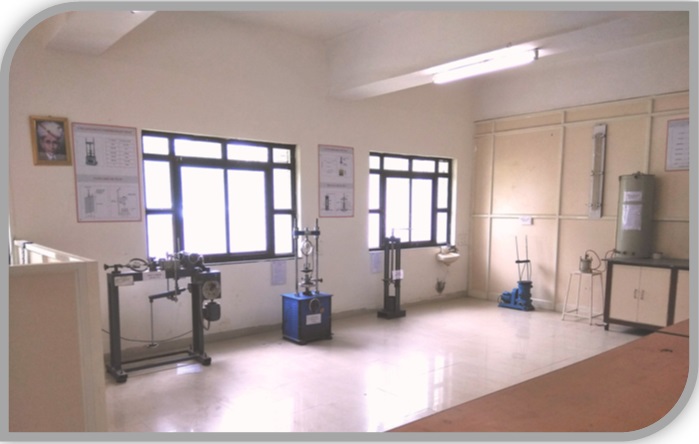
Geo-technical Engineering Laboratory
Lab In-Charge: Prof. S .K. Bhosale
Lab Details: Direct Shear Test Machine, Unconfined Compression Testing Machine, Sand replacement apparatus, Permeability Apparatus, Core Cutter Apparatus, Pycnometer, Vane shear Test Apparatus, oven.
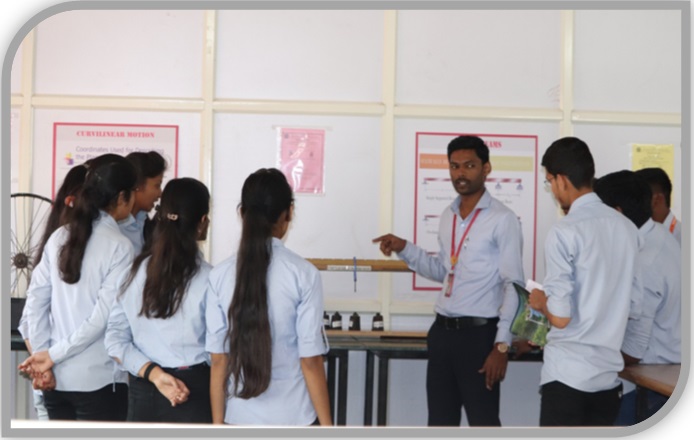
Engineering Mechanics Laboratory/ Concept Laboratory
Lab In-Charge: Prof. S. R. Sutar
Lab Details: Experimental set up of- verification of law of polygon of forces, determination of support reaction of simply supported beam, determination of coefficient of restitution, study of space force system, study of curvilinear motion, determination o
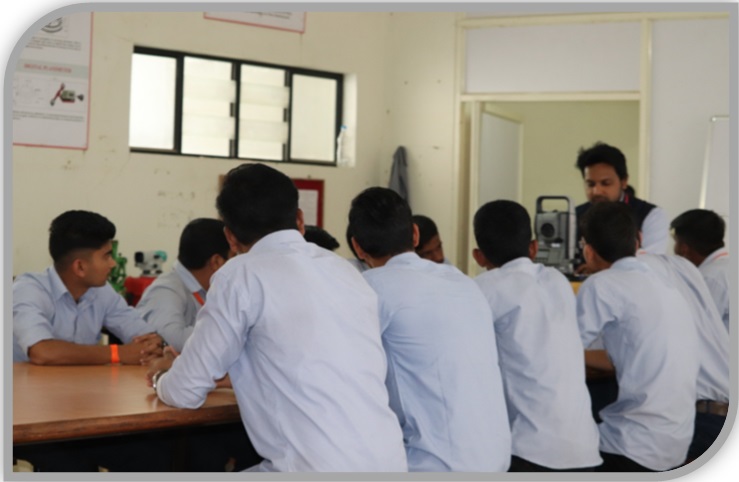
Surveying Laboratory
Lab In-Charge: Prof. A. A. Avhad
Lab Details: Total Station Topcon make TKS: 202, Auto Level – Sokkia B40 supplied with Alum. Stand, Micro Optic Thedolite (1 Sec with Aluminum Stand), Verninre Thedolite – 20 sec Accuracy Supplied with alum. Stand, Nautical Sextant, Digital tachometer.
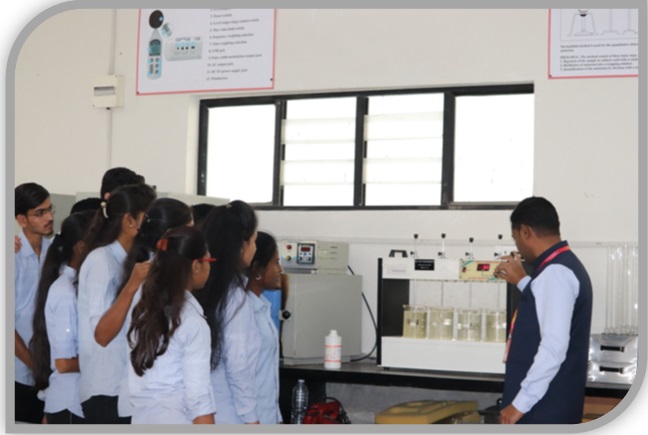
Environmental Engineering Laboratory
Lab In-Charge: Prof. K. R. Suryawanshi
Lab Details: Digital Spectrophotometer, Flame Photometer, High Volume Sampler, COD Digester, BOD Incubator, Water & Soil Analysis kit, Bacteriological Incubator, Jar Test Apparatus.


